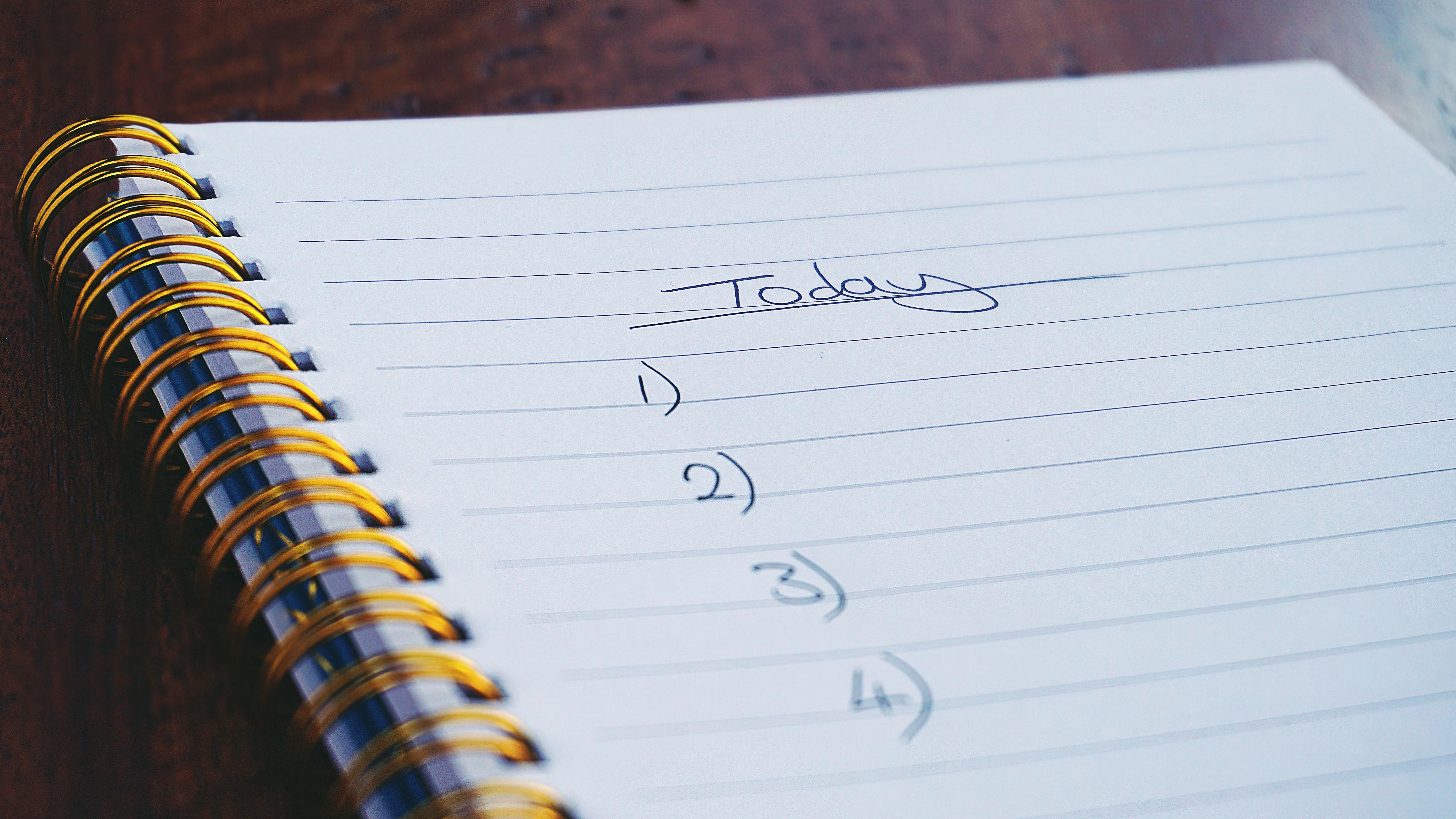These 3 Workplace Habits Are Actually Unproductive
Many of us will go to great lengths to maximize our productivity — and sometimes, that runs the risk of sacrificing our well-being along the way. Whether you’ve traded much-needed sleep to get a head start on work, or put other commitments before your self-care, we’ve all been there, only to learn that our actions achieved the opposite of what we intended.
Despite an overwhelming number of advice columns and “How I Get It Done” articles circulating on social media, some of us still engage in practices that limit, instead of stimulate, our productivity. Here are three habits to avoid, and what you should do instead.
Eating Lunch On The Go
When tasks are piling up or you’re short on time, you might feel compelled to eat lunch at your desk or grab a quick snack on the way to your next meeting. You may even choose to skip lunch altogether, which might feel practical in the moment but will actually result in a loss of productivity later on. Research from the University of Illinois at Urbana-Champaign says that taking a short break can improve concentration and focus on prolonged tasks. What’s more, eating with co-workers can be a great opportunity to connect without the distraction of screens.
So make it a priority to take a lunch break. If you still find yourself eating at your desk, shut off your screens, even for just a few minutes, and make a conscious effort to be present. This will pay off — research from the Journal of Health Psychology shows that those who skip their lunch break and instead eat while multitasking might feel less physically satisfied, and could end up eating a second lunch at a later time. Slowing down during lunch hour can help you avoid that, and maintain productivity throughout the rest of your day.
Cultivating A Massive To-Do List

It’s a routine many of us know all too well: You sit down at your desk in the morning, check your email, and begin crafting a to-do list with no end in sight. At first, it might feel fruitful to have a written account of the things you need to get done — and in many ways, it is. A 2018 study in Perspectives on Psychological Science shows that writing lists can help us remember things when we are stressed. However, writing down your tasks without a sense of prioritization or time can actually limit your productivity. Instead of aimlessly jotting things down, try writing down your priorities at the top of your list, alternating between stimulating and draining tasks, and perhaps most importantly, identifying low-priority tasks, or tasks that can be delegated, relentlessly prioritize them, and stop doing them!
You should also account for time; one way to do this is to put your tasks on your calendar so you can stay on schedule and get your most important tasks done. Julie Morgenstern, a productivity consultant and author, tells The New York Times that estimating the time it will take to complete specific tasks can make our to-do lists more manageable and realistic. Developing a method behind your to-do list madness will help you stay aware of what matters most and keep you organized throughout the day.
Being Uncomfortable With Incompletions

When the end of the day rolls around, you might feel disheartened if you haven’t accomplished everything you wanted to get done. While you might initially feel frustrated, having an unfinished task or two could actually be a sign that you’re successfully prioritizing throughout your day. Maybe you were unable to schedule a meeting, but you completed an important report that’s due the next day — in this case, you were able to get through your most pressing assignment and can schedule the meeting the next day, when you are re-energized and have a new set of priorities.
If you are uncomfortable with incompletions, it’s time to reframe your mindset. Arianna Huffington, Founder and CEO of Thrive Global, says that if you complete absolutely everything you need to get done each day, that’s a sign that your job might not be sufficiently challenging. Have patience with yourself, and avoid negative self-talk when you don’t get something done. Remember that incompletions are part of the process, and will ultimately help you grow.
It’s important to remember the close relationship between our productivity and our well-being. By taking steps to enhance your workplace connections and prioritize your most important tasks, productive behaviors will become second nature.
THIS PIECE WAS WRITTEN BY JESSICA HICKS AND ORIGINALLY APPEARED ON THRIVE GLOBAL.






